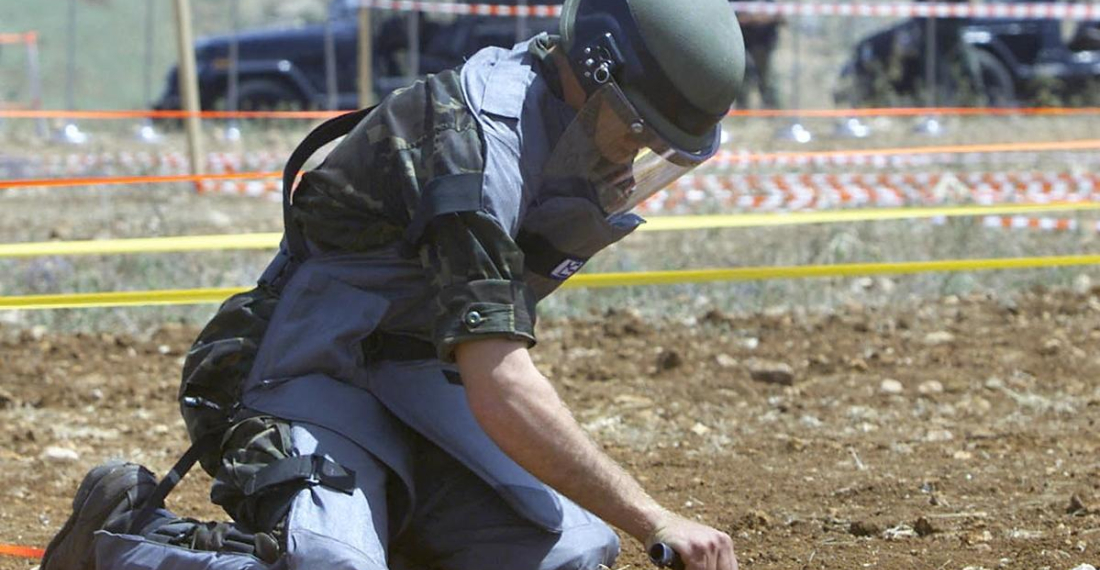Finland's prime minister has announced that Finland plans to withdraw from the international treaty banning the use of anti-personnel mines, citing the threat from Russia. The announcement comes two weeks after Poland, Lithuania, Latvia and Estonia took a first step towards also quitting the treaty, with them all pointing to the increased security risk from Russia following its invasion of Ukraine.
Prime Minister Petteri Orpo said last week that a fundamentally changed security environment in Europe prompted Finland's decision to pull out of the 1997 Ottawa Treaty. "Finland and Europe need to evaluate all measures to strengthen our deterrence and defence capabilities, individually and in NATO," Orpo said at a press conference. "We also propose that Finland starts to prepare for withdrawal from the Ottawa Agreement," he added.
The Ottawa Treaty prohibits the use, stockpiling, production and transfer of anti-personnel landmines. Finland's parliament needs to back the government's decision, with withdrawal becoming effective six months after that eventual approval.
Orpo also said that Finland would boost its defence spending to at least three percent of GDP by 2029 and launch a reform of its defence forces to tackle a deteriorating security situation. "With these solutions, we will ensure that Finland's defence is in good shape for years to come. I am very pleased that these solutions have broad parliamentary support," he said.
More than 160 countries and territories are party to the Ottawa Treaty, including Ukraine. Neither the United States nor Russia are signatories. Finland abandoned the anti-personnel mines in 2012 when it joined the treaty and subsequently destroyed more than a million mines.
Finland, which shares a 1,340-kilometre (830-mile) border with Russia, dropped decades of military non-alignment and joined the NATO in 2023.






